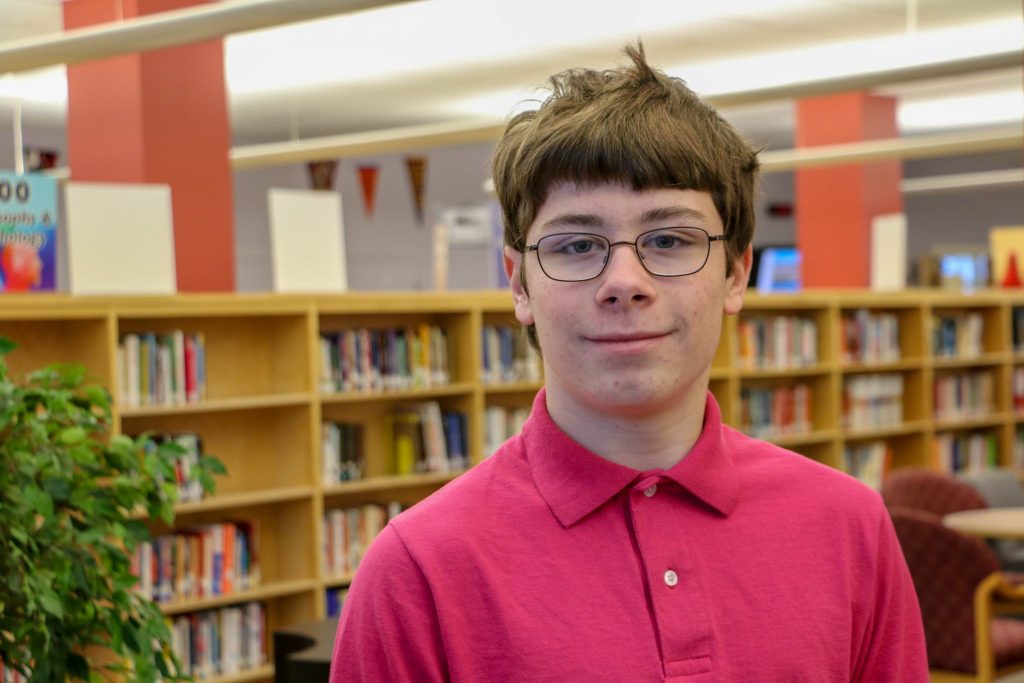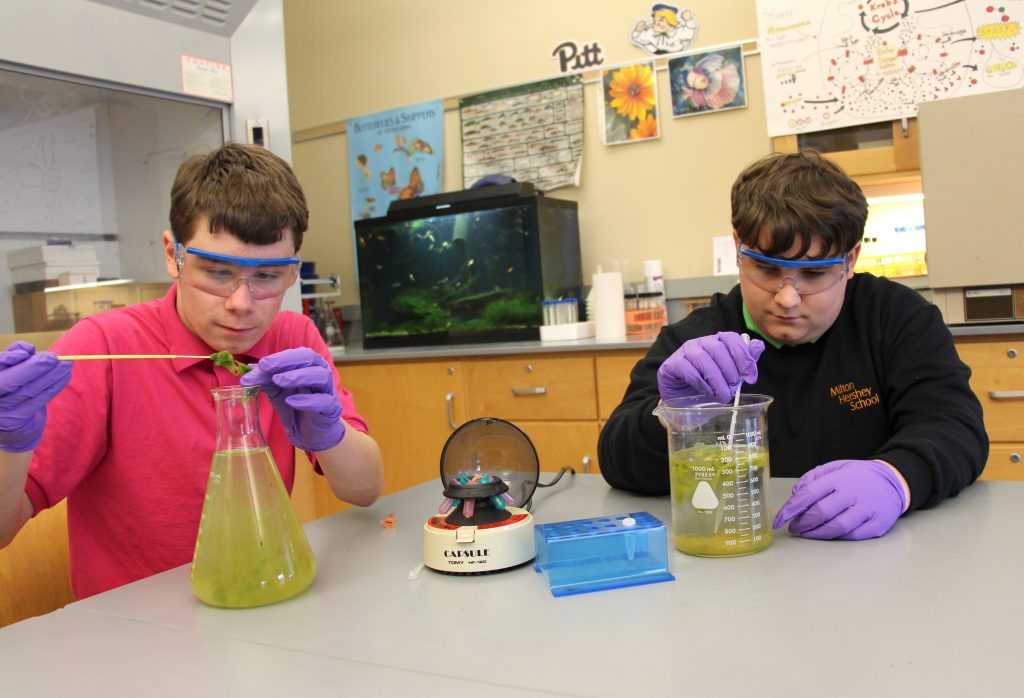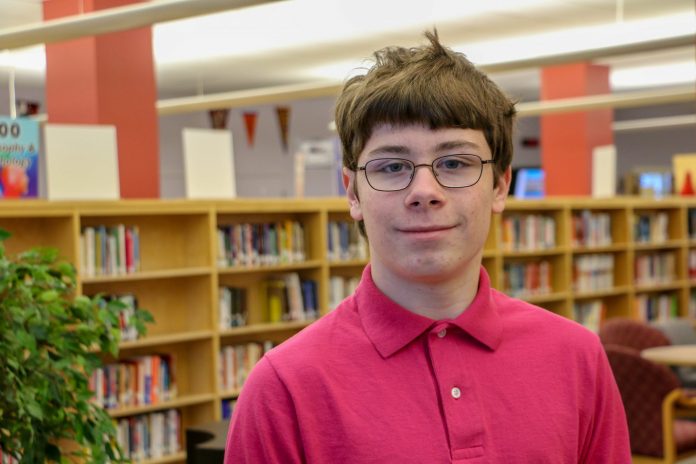Torresdale native Christian James submitted research that will be studied 240 miles above Earth’s surface aboard the International Space Station.

When the school day’s done, most kids will finish their homework at their computer or in the library. In the case of Torresdale native Christian James, his research will be completed 240 miles above the Earth’s surface.
Christian, a sophomore at Milton Hershey School, had his research proposal selected by the Student Spaceflight Experiments Program. His research, which focuses on the effect microgravity has on the growth of algae, will be tested aboard the International Space Station, a habitable satellite that’s been in orbit since 1998.
More than 100 Milton Hershey students divided into 31 teams to submit research proposals. Christian and his partner, Logan Ford, submitted one of two proposals that were selected. Since its inception in 2010, less than 2 percent of the 19,000 submitted proposals have been selected for flight.
“I had a lot of thoughts going through my head [when I found out my research was selected],” Christian said. “I couldn’t believe I did this.”
The research will be launched into space this spring alongside 40 other student experiments submitted nationwide as part of SSEP’s Mission 13 to the ISS.
“Basically we’re going to send dormant algae up to space for the no-gravity environment, which is a stress for the algae,” Christian said. “Under stress it will create lipids, and we could use lipids for fuel or as a food source.”
The research will be conducted by astronauts for four to six weeks and then sent back to Earth for student analysis. Students will report their findings at the SSEP National Conference this or next summer.

Christian and his partner dedicated about four or five months of research to the project, including speaking with a professor from the University of Florida.
“Christian and his partner proposed an experiment that has not been explored previously in a microgravity environment,” said Dr. Jaunine Fouché, director of STEAM and Agricultural and Environmental Education at Milton Hershey. She worked with students on their proposals, and said Christian is especially dedicated to his research area.
“Their proposal was well thought out and the potential findings would be valuable to advancing the scientific understanding of their topic,” she said.
Christian said biology is his favorite subject. He is considering studying astrobotany in college.
“I really like astronomy and I really like plants, so why not do both?” he said.
The Student Spaceflight Experiments Program is a program of the National Center for Earth and Space Science Education in the U.S. and the Arthur C. Clarke Institute for Space Education internationally. It is enabled through a strategic partnership with DreamUp PBC and NanoRacks LLC, which are working with NASA under a Space Act Agreement as part of the utilization of the International Space Station as a National Laboratory. ••





